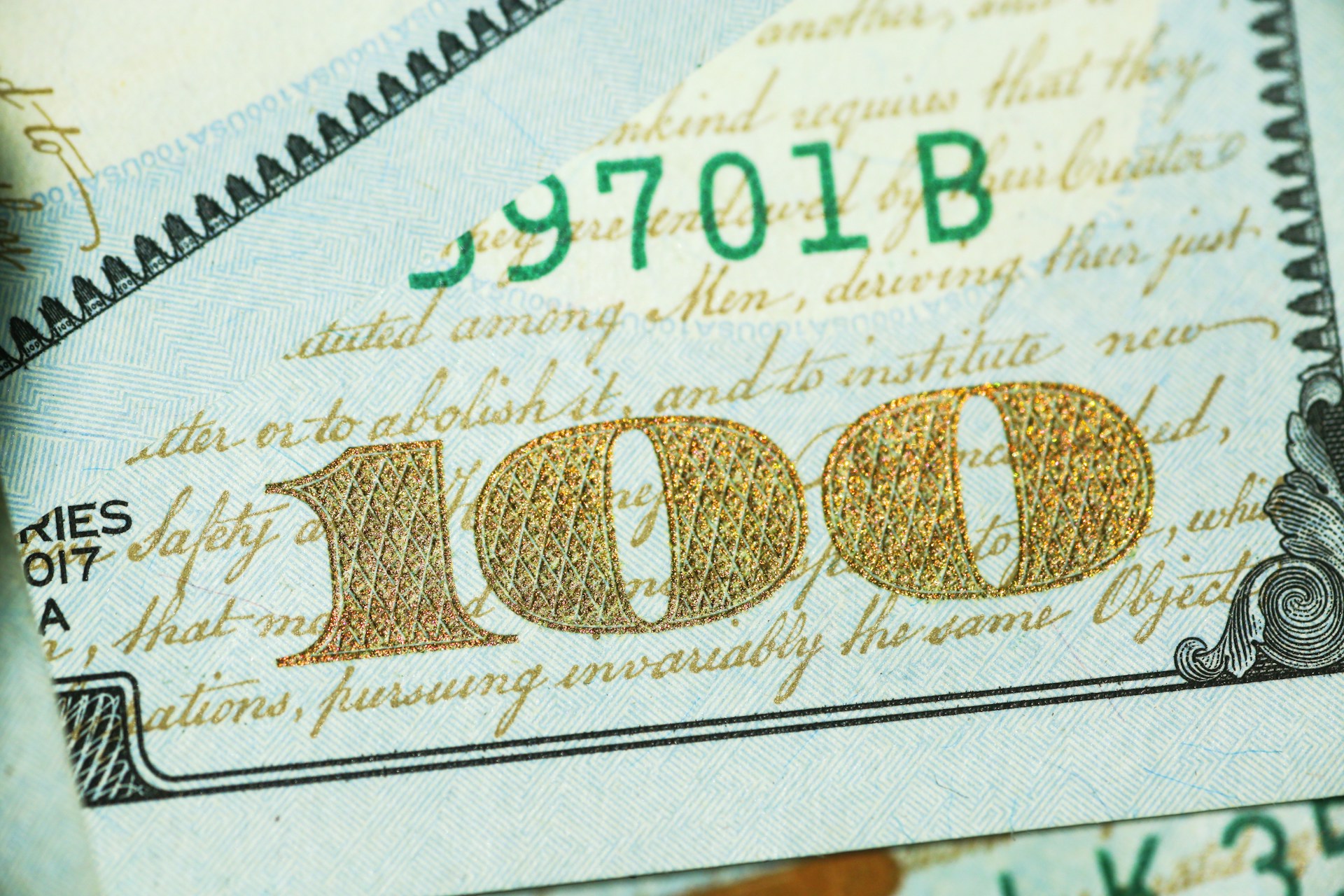A cash-out refinance allows you to access equity you have built in your home over time. Homeowners build equity with the down payment, monthly mortgage payments, and property appreciation. The process for a VA home loan cash-out refinance is similar to the cash-out refinance process for other financial products. This guide will cover the details so you’re ready to access the equity that you have built in your property.
Does VA Allow Cash Out Refinance?
The Department of Veteran Affairs allows homeowners to initiate cash-out refinances for their VA loans. You can access equity and adjust the loan’s term. You can also change the type of rate, such as going from an adjustable-rate mortgage to a fixed-rate mortgage. You can also keep the same type of rate.
What is a VA Home Loan Cash Out Refinance?
A VA home loan cash-out refinance accomplishes the same goals as any other refinance. Homeowners may need extra cash for medical bills, emergency expenses, vacations, and other costs. Rather than wait until they save enough in their bank account, homeowners can use a cash-out refinance as a shortcut.
While you can also use a home equity loan or a HELOC to access equity, a refinance allows you to keep everything under one mortgage. You can also adjust the term length so your monthly payments remain similar.
Why Consider a VA Cash Out Refinance?
A VA cash-out refinance offers several perks for homeowners. These are some of the highlights.
Access to Cash
You can use the cash position in your property for any expense. It’s good to have extra cash readily available when you need it. While you can also take out a personal loan or use your credit card, a cash-out refinance usually has more favorable rates and terms. Since a cash-out refinance uses your property as collateral, you can usually get a lower rate compared to unsecured debt like personal loans and credit cards.
Potential for Lower Interest Rates
A cash-out refinance doesn’t only let you access additional cash. You can also secure a lower interest rate on your loan. Some homeowners have increased their credit scores considerably since receiving their first loan. A higher credit score and potential interest rate cuts from the Federal Reserve can result in a more attractive rate for your new loan.
Debt Consolidation
Homeowners can use a cash-out refinance for several purposes, including paying off existing debt. While you’ll have to pay closing costs and interest, a cash-out refinance likely has a lower interest rate than your credit card debt. Paying off your other financial obligations can make it easier to stay on top of your finances and avoid late fees.
Home Improvements and Renovations
Home improvements can increase your property’s value and result in a better experience. Some people tap into their home equity to cover renovations and improvements so they don’t have to save up for them. Once the home improvements are complete and you have caught up on the cash-out refinance, you’ll end up with more equity than before.
Eligibility Requirements
Homeowners must fulfill several eligibility requirements to receive a VA home loan cash-out refinance. Here’s what you need to know.
Service Requirements
Lenders will request your Certificate of Eligibility (COE) before giving you a VA loan. Service members, veterans, and people who previously served in the military can receive this document. Qualifying spouses of military members can also be eligible for a VA home loan cash-out refinance.
Property Requirements
You can only use a VA cash-out refinance for your primary residence. This financial product is not available for rental properties. You also have to stay within the VA loan limits for financing. In most places, the refinanced loan’s balance cannot exceed $766,500. This limit goes as high as $1,149,825 in some areas and usually increases each year.
Credit and Financial Requirements
Mortgage lenders will have several requirements that you must fulfill to receive capital. Most lenders require that you have a 620 FICO score or higher to receive a VA cash-out refinance. This credit score is also the minimum requirement for many types of mortgages. You will also need a debt-to-income ratio below 41% to qualify for most VA loans. However, some lenders are willing to work with borrowers who have 50% DTI ratios.
How to Apply for a VA Cash Out Refinance: The Process
You can complete the following steps to apply for a VA cash-out refinance and get the capital that you need.
Preparing Necessary Documents
You will have to provide several documents, such as your COE, to complete your application. Mortgage lenders will outline what you need, but you can expect to provide the following:
- Personal ID
- Social Security Number
- Proof of income
- Proof of address
- Proof of home insurance
- Home loan statement
Choosing a Lender
You should narrow your search to lenders that have solid customer reviews, competitive rates, and eligibility criteria that apply to you. Borrowers with 650 FICO scores shouldn’t apply for VA cash-out refinances from lenders who insist on a 700 minimum credit score. Luckily, this is rare, and most lenders will set the minimum credit score at 620.
With trusted lenders like The Federal Savings Bank, the credit score requirement can even go down to 500. Plus, with their expertise in VA loans and commitment to providing exceptional customer service, they can help you navigate the process and determine if a cash out refinance is the right choice for you. Whether you want to consolidate debt, make home improvements, or cover unexpected expenses, a VA cash out refinance could provide you with the funds you need. Contact The Federal Savings Bank today to learn more about their VA cash out refinance options.
The Application Process
You can apply for multiple VA loans to compare the rates and terms of each potential refinance. You only have to work with one lender, but having multiple offers can help you find the best deal.
Appraisal and Underwriting
During the refinancing process, a mortgage lender will require that your property go through an appraisal. This appraisal offers an updated snapshot of how much equity you have left in your home. An underwriter will look at the property’s value and your finances to determine if you are a good fit for a VA cash-out refinance.
Understanding the Costs of a VA Home Loan Cash Out Refinance
A VA home loan cash-out refinance has several expenses. Knowing the costs of tapping into home equity can help you decide if it’s a good decision for your financial situation.
Closing Costs
VA loan closing costs can range from 2% to 6% of the loan’s balance. These costs include the origination fee, appraisal, and other expenses.
Funding Fee
The funding fee is a separate fee that helps to sustain the VA program. This fee can range from 1.25% to 3.3% of the loan’s balance. A higher down payment reduces your funding fee. It’s compensation for the fact that VA loans do not have down payment requirements or private mortgage insurance.
Other Potential Fees
Most of the other fees will be included in closing costs, but it’s good to read the fine print. Late fees will apply if you do not make on-time payments, and you will also have to pay interest every month.
Comparing VA Cash Out Refinance with Alternatives
A VA cash-out refinance is one option for tapping into home equity. These are some of the other choices to raise cash:
- Home equity loan: Closing costs are lower, but you will end up with two monthly payments. The term ranges from 5-30 years and can be a fixed-rate or a variable-rate loan.
- Home equity line of credit (HELOC): This line of credit usually has a variable interest rate. You don’t pay interest until you borrow against the credit line. You can make the minimum payment during a 10-year draw period. Any remaining balance gets converted into an installment loan or requires a balloon payment. You should check the repayment terms before committing to a HELOC.
- Conventional cash-out refinance: You can refinance to a traditional mortgage instead of using a VA loan. You won’t have to pay a funding fee for a traditional mortgage, but you will have to pay private mortgage insurance if you have less than 20% equity in your property.
- Personal loan: An unsecured loan that will come with a higher interest rate. However, it’s also easier to obtain than a VA cash-out refinance.
Is VA Home Loan Cash Out Refinance Right for You?
A VA home loan cash-out refinance can be a good option if you want to tap into home equity without taking out a second mortgage. It can help you consolidate debt and cover large expenses. Homeowners who want to minimize their closing costs and are okay with higher monthly payments in the short run may want to consider a HELOC or a home equity loan instead.
FAQs About VA Home Loan Cash Out Refinance
You can borrow up to the lender’s maximum LTV ratio or the loan limit set by the VA, depending on which is lower.
The VA adjusts its loan limits each year. Right now, the limit is $766,500 in most areas, but some places have limits as high as $1,149,825.
The VA refinancing process can take 45-60 days.







